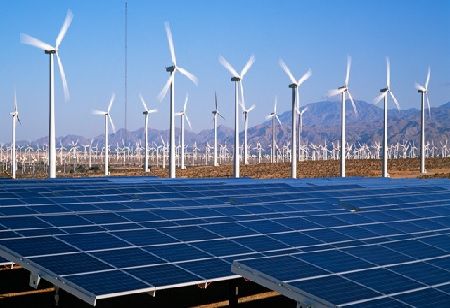
IBM Acquires Prescinto to Boost Renewable Energy Asset Management

 Tech major IBM announced it has acquired Prescinto, a leading provider of asset performance management (APM) software-as-a-service (SaaS) for renewables, for an undisclosed sum. The acquisition will enhance the capabilities of IBM Maximo Application Suite (MAS), the company’s solution for asset lifecycle management.
Tech major IBM announced it has acquired Prescinto, a leading provider of asset performance management (APM) software-as-a-service (SaaS) for renewables, for an undisclosed sum. The acquisition will enhance the capabilities of IBM Maximo Application Suite (MAS), the company’s solution for asset lifecycle management.
Moreover, it will further IBM’s leadership in the energy and utility space, an industry undergoing significant transformation and seeking solutions to manage and optimize wind, solar, and other renewable energy storage assets, the company said in a statement. According to Allied Market Research, the value of the global utilities asset management market is expected to grow from $4.3 billion in 2022 to $12.4 billion in 2031, with a CAGR of 11.3 percent.
“Prescinto’s capabilities leverage AI to enable advanced monitoring, analytics, and automation to streamline renewable energy operations and manage clean energy and storage assets”, said IBM.
According to the company, water, natural gas, oil, nuclear, and other energy and utility enterprises globally already utilize IBM MAS. Globally, firms are turning to alternative energy sources like wind, solar, and energy storage to help reduce emissions and lower energy costs. The acquisition will further enable IBM to support clients’ sustainability initiatives and net-zero goals, allowing users to track and monitor the performance of solar, wind, and energy storage assets in near real-time, identify root causes for underperformance, and recommend actions to optimize generation.
Founded in 2016 and headquartered in Bengaluru, Prescinto works with services global customers across 14 countries with 16 GigaWatts under management. Its APM capabilities help organizations simplify operations and maintenance to maximize ROI. According to the IDC worldwide asset life-cycle management applications market share report, IBM is ranked number 1 for 2023 market share in ALM with a share of 10.8 percent in 2023.